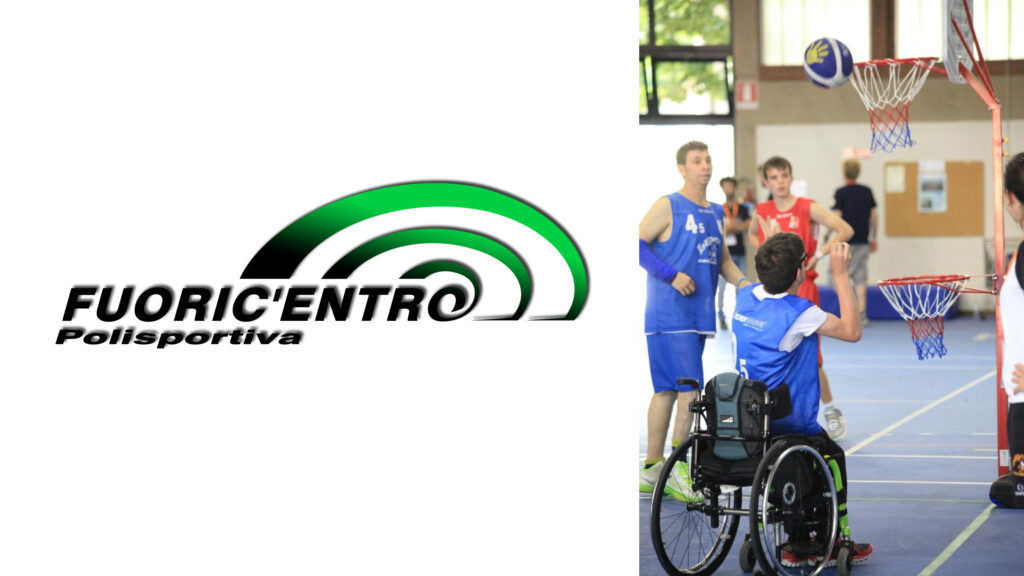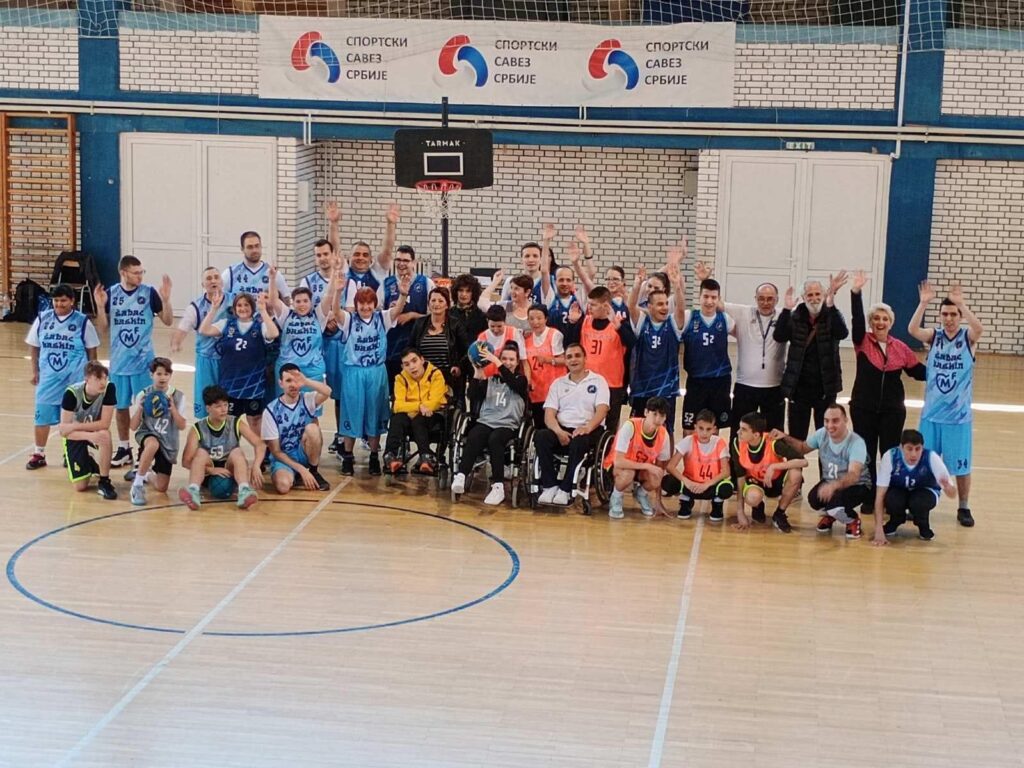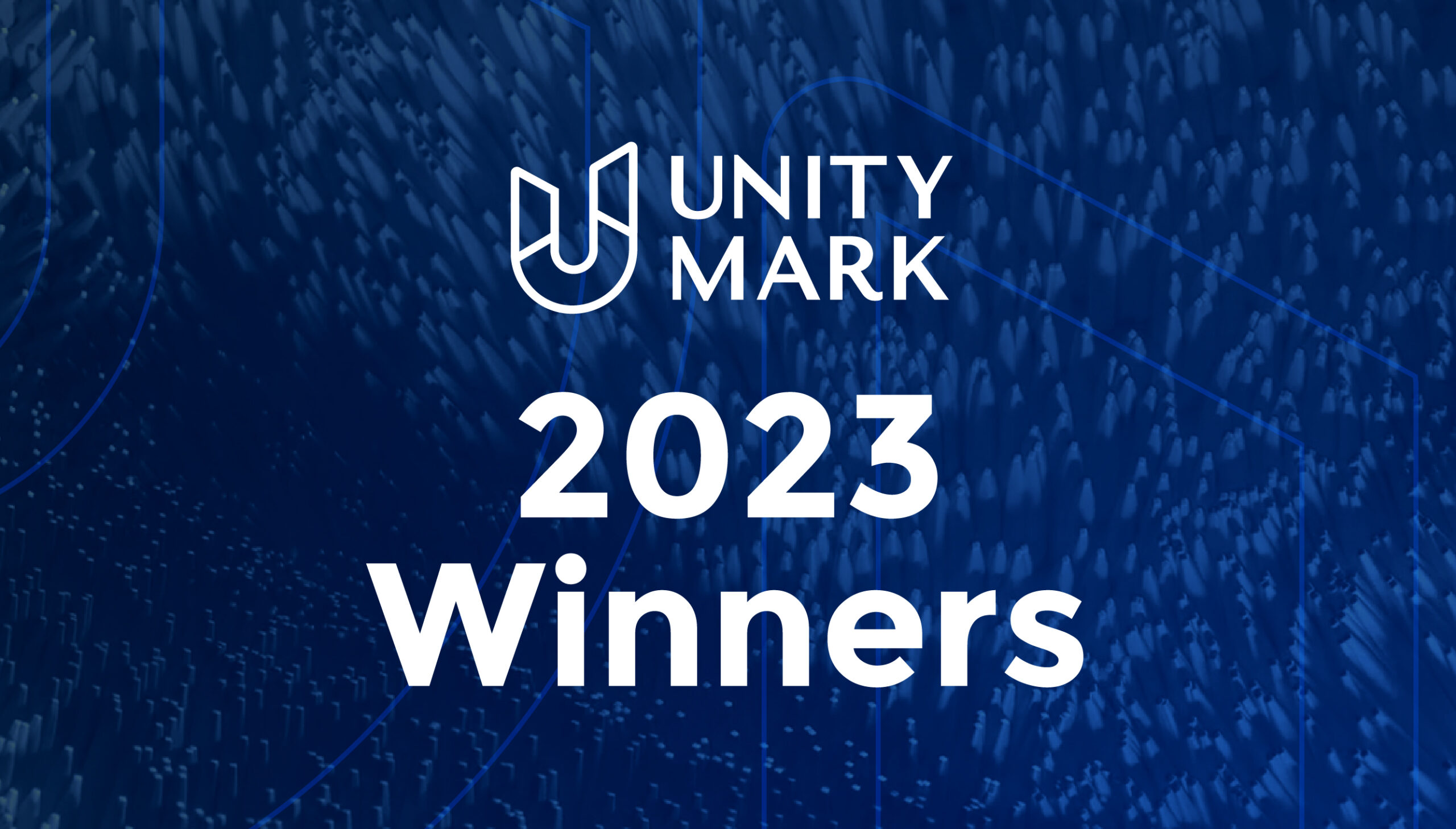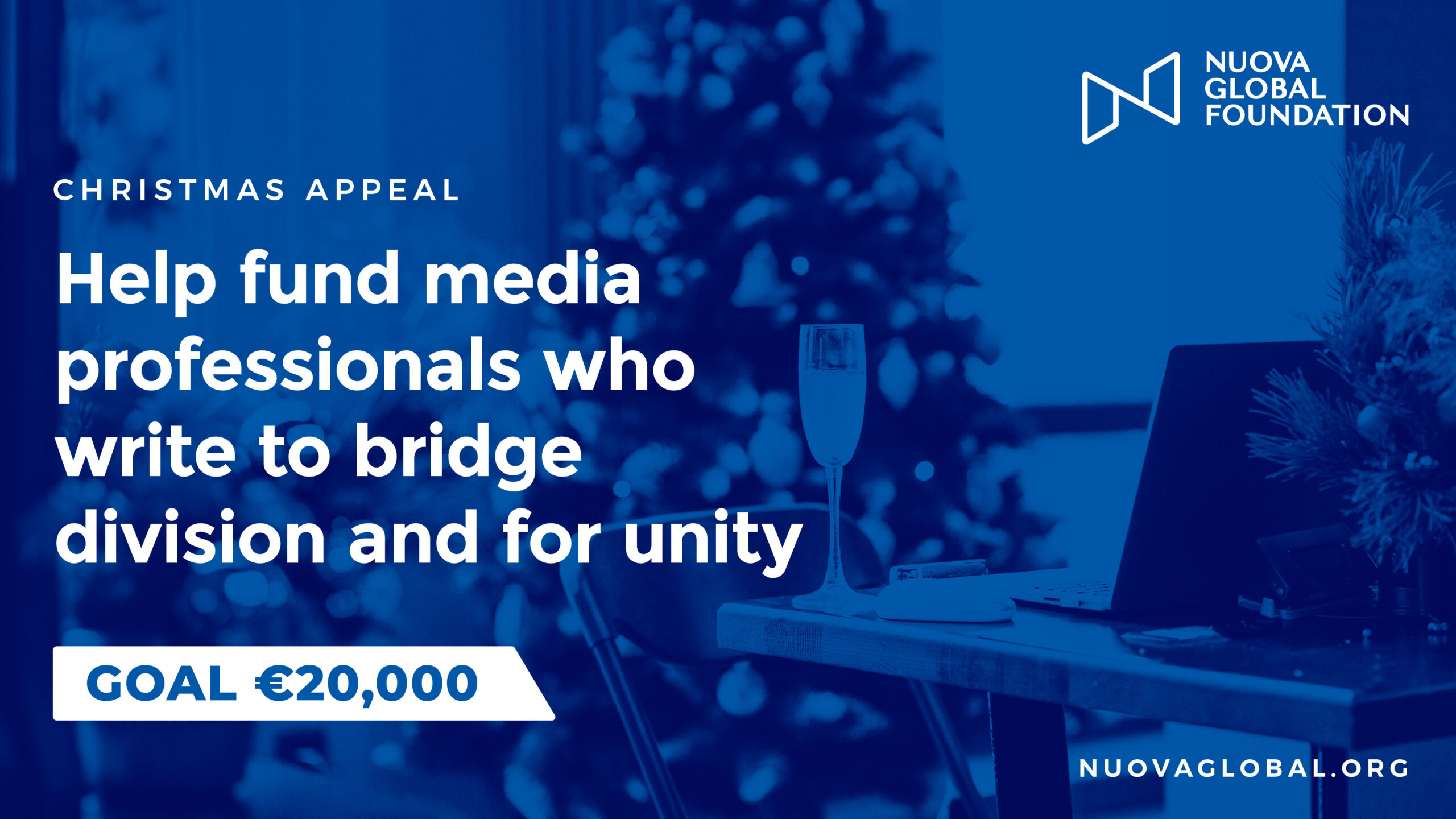
BASKIN is an innovative, inclusive, and competitive sport inspired by basketball. It is governed by simple rules that foster dynamic and unpredictable gameplay. It is designed to enable individuals of any gender, with or without disabilities, and of any skill level or physical ability, to form teams and compete together.
Key features of Baskin include:
- Accessibility: People of all ages and abilities can participate, from young to old and skilled to less skilled.
- Adaptability: Customized balls are selected for individuals with severe disabilities to ensure equal opportunity.
- Inclusivity: Players with diverse abilities collaborate to form teams and achieve common goals.
- Excitement: The competitive nature of the sport, combined with the inclusive atmosphere, creates an engaging and thrilling experience for everyone.

A standard basketball court can be used with the addition of two semicircular areas on each sideline to provide stability and security for players who need it. In each of these areas, there are two baskets of different heights.
Baskin was born in Italy in 2006, and the first experiments were conducted in a middle school in Cremona, Italy. This was an attempt to apply Italian law to include disabled students in school. Thanks to the cooperation between a parent and a teacher, new rules were created, and baskets and balls were added according to the ability of each player.
Within a few years, Baskin spread throughout Italy and many other European countries, including Portugal, Spain, France, Germany, Luxembourg, Belgium, the United Kingdom, Slovenia, Croatia, Serbia, Albania, Greece, and Senegal. It is estimated that there are over 20,000 players, coaches, referees, officials, and managers who regularly practice Baskin in all these countries. It is estimated that over 100,000 people in Europe, including families, relatives, friends, and supporters, are actively involved with Baskin.

Because of Baskin’s innovative and inclusive approach, which has been proven by an increasing number of academic studies, and its ability to unite different countries and cultures, the Nuova Global Foundation aims to promote its diffusion and practice.
One way to achieve this is by organizing an inclusive sports tournament as part of the Mediterranean Games, which will take place in Taranto, Italy, in June 2026.
Our dream is to gradually introduce this inclusive sport to our society and have it participate in the Olympic Games as a demonstration sport in the 2028 Los Angeles or 2032 Brisbane editions.
Currently, we are working to raise awareness of Baskin in Egypt by planning a one-week public demonstration together with the Egyptian Paralympic Committee, other foundations, schools, and the Italian Inclusive Sports Federation and Nonprofit Association. This event aims to introduce Baskin to Egyptian society.
With our affiliate media in Cairo, Al Madina Al Jadida (Arabic for “New City”), we are also working to disseminate Baskin to a wide audience.
We are looking for partners to finance this media dissemination step with approximately €30,000.
We are working to ensure that at least one team from each Mediterranean country can participate in a demonstration tournament at the Mediterranean Games in Taranto in 2026, and we are looking for partners to help make this possible. We will involve media affiliates from the 12 Mediterranean countries that are already part of the NGF project.





